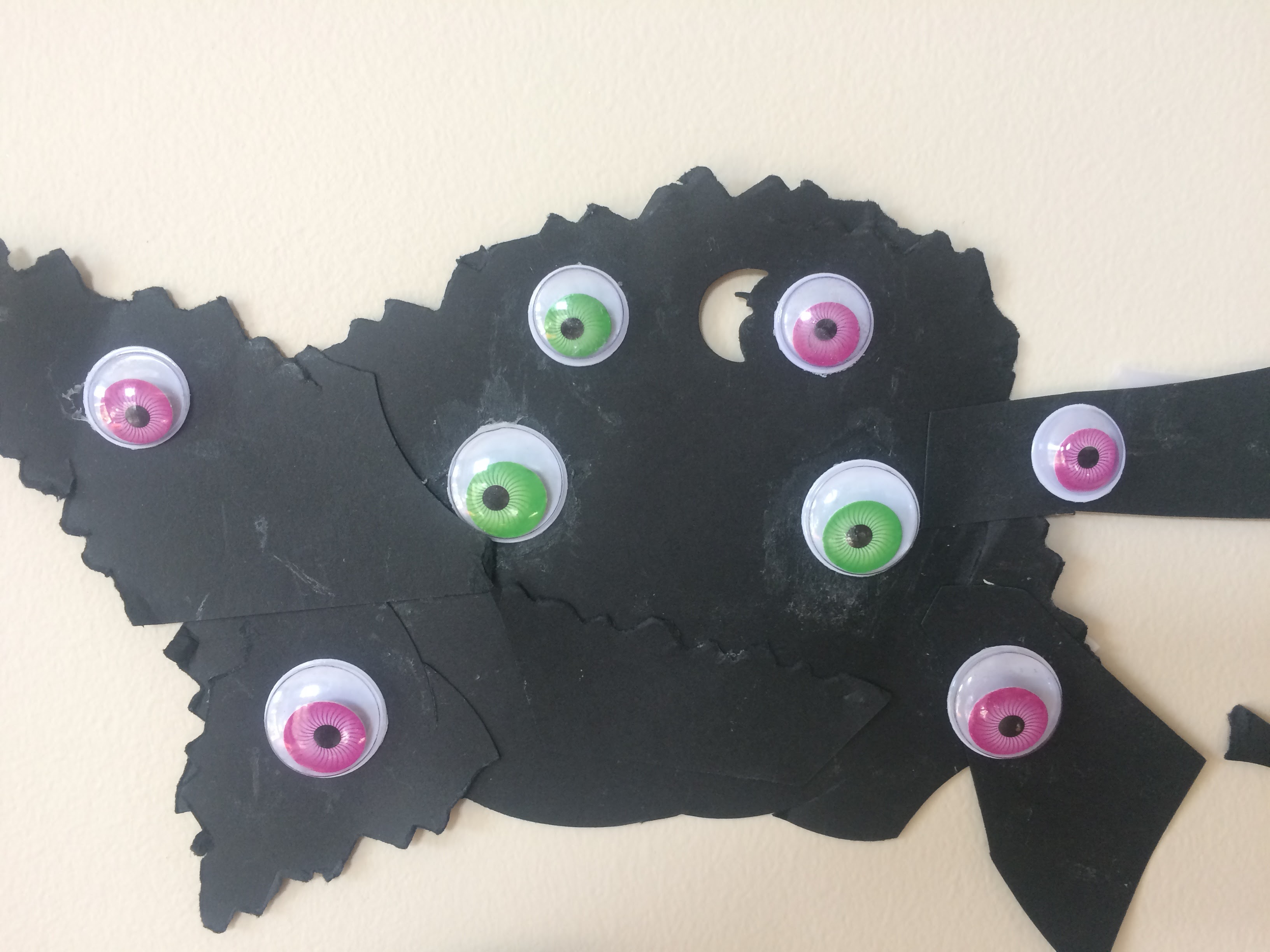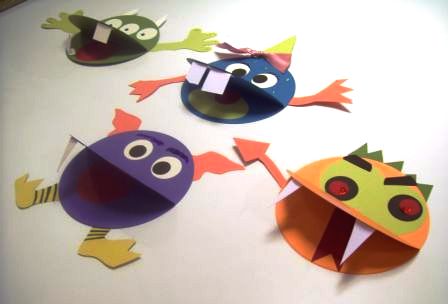
It is a sorry little worm's view of the off-beat of adult pressure, of contemporary strictures and conformity, of sentiment…. This is tender and true, and impossible, in its picture of the old hells of young boys, the lonesomeness and tentative attempts to be mature and secure, the awful block between youth and being grown-up, the fright and sickness that humans and their behavior cause the challenging, the dramatization of the big bang. He also visits a sympathetic English teacher after trying on a drunken session, and when he keeps his date with Phoebe, who turns up with her suitcase to join him on his flight, he heads home to a hospital siege. He tries to have a wild evening (all he does is pay the check), is terrorized by the hotel elevator man and his on-call whore, has a date with a girl he likes-and hates, sees his 10 year old sister, Phoebe. For Holden is now being bounced from fancy prep, and, after a vicious evening with hall- and roommates, heads for New York to try to keep his latest failure from his parents. "Nobody big except me" is the dream world of Holden Caulfield and his first person story is down to the basic, drab English of the pre-collegiate. While the story follows a predictable arc, its mood of detached alienation has scarcely shifted by its conclusion.Ī desultory existence and teenage perplexity are skewered in a tidily crafted, if slender novel, at times a caricature exercise in empathy.Ī violent surfacing of adolescence (which has little in common with Tarkington's earlier, broadly comic, Seventeen) has a compulsive impact. Such plot momentum as there is derives from Jacob’s involvement with a female inmate, his heightened turmoil after his mother is beaten into a coma and his decision over whether, finally, to own a conscience.

Although successful in evoking the static gray tedium of Jacob’s daily round, Rathbone brings less invention to her cast of characters: the dysfunctional mother the bland if kindly buddy/mentor the risible or sadistic staff at the institution. But Jacob’s inner world reveals his sensitivity as well as his despair and anger, all expressed in the sarcastic tones of a young man quick to spot weakness and falsity in those around him. Moving around from Texas to Virginia, Jacob has spent his childhood dodging blows and running wild, his delinquency culminating in armed robbery. With gifts for hyperacute observation and precise metaphor, Rathbone does a good job of capturing the texture of deadly institutional life as lived and voiced by Jacob Higgins, the 17-year-old son of an alcoholic mother with a taste for abusive partners.


The author's first novel tracks the tragi-comic inner life of a troubled teenager in a juvenile-detention center.


 0 kommentar(er)
0 kommentar(er)
